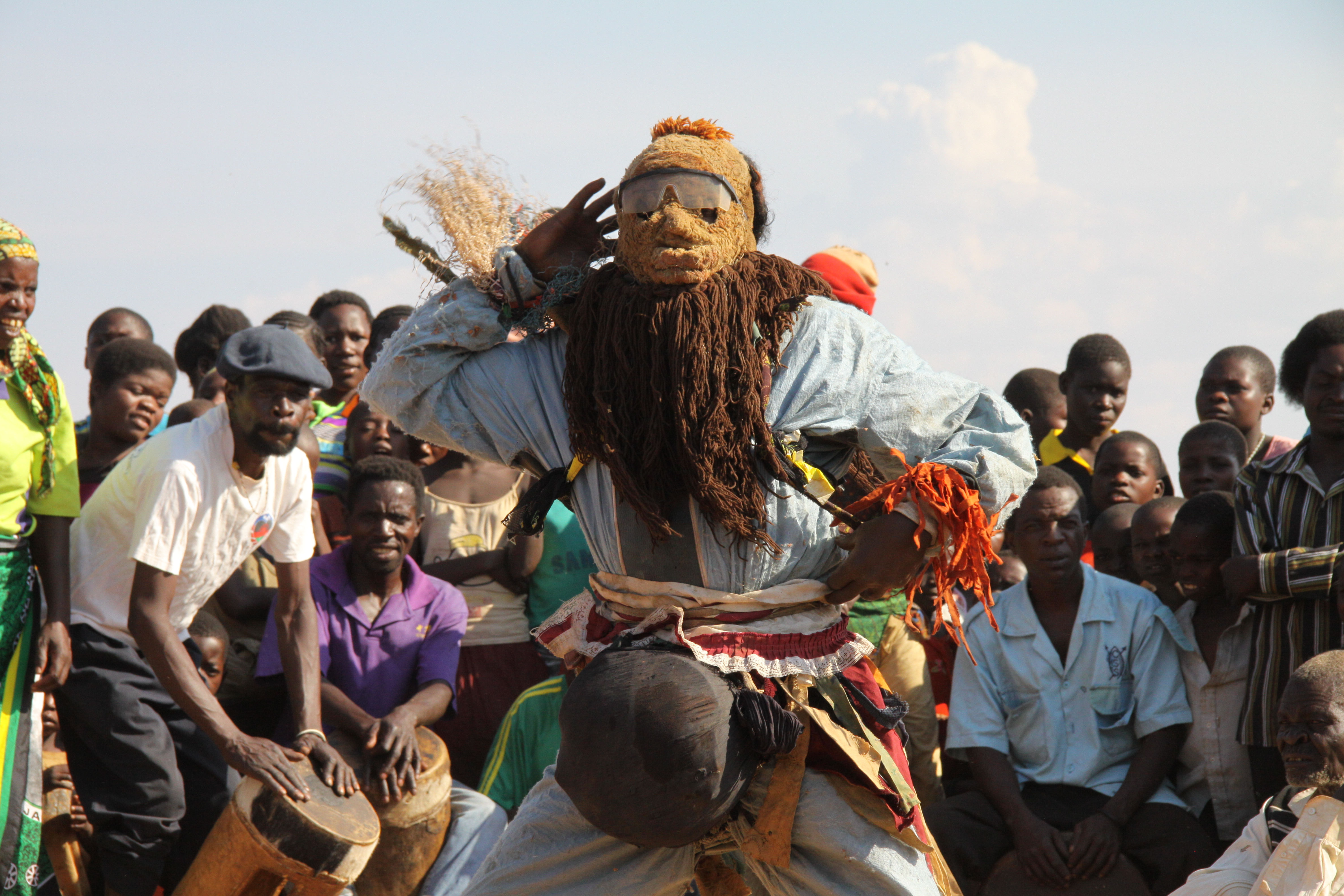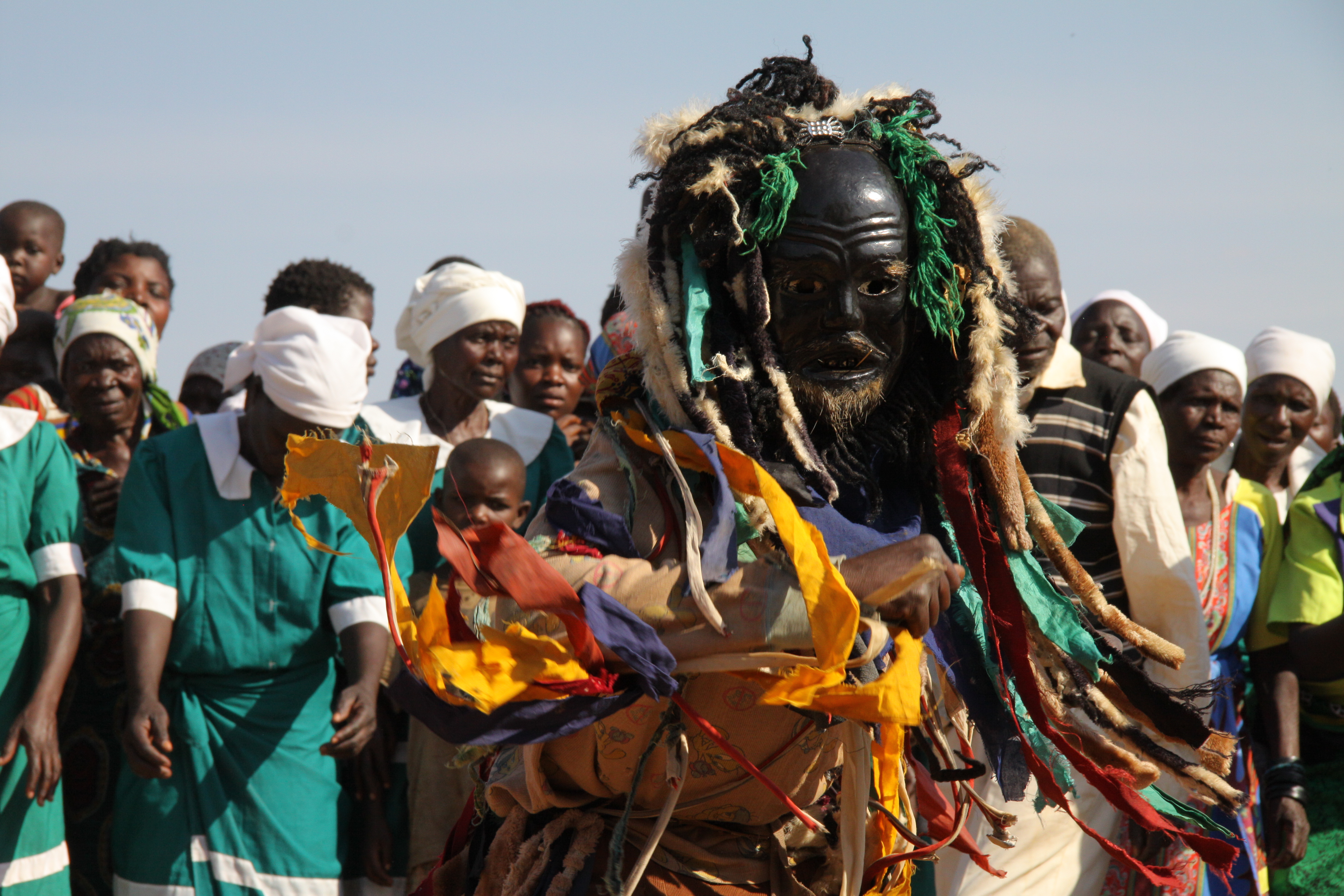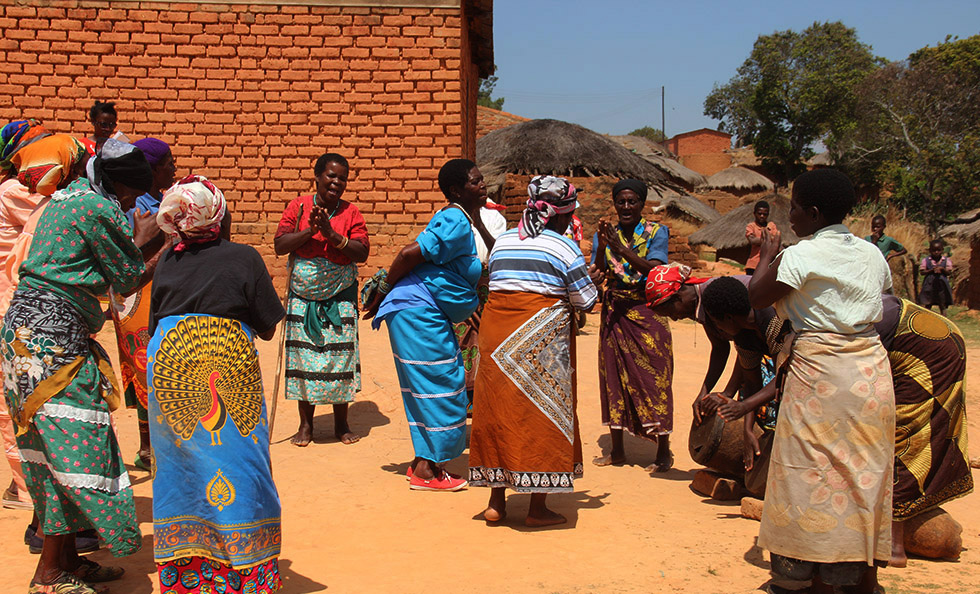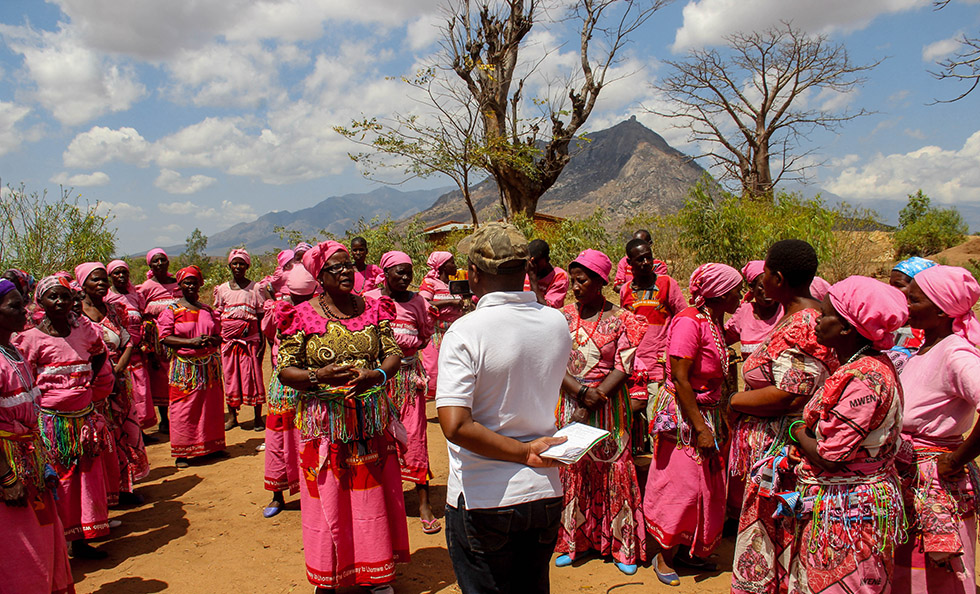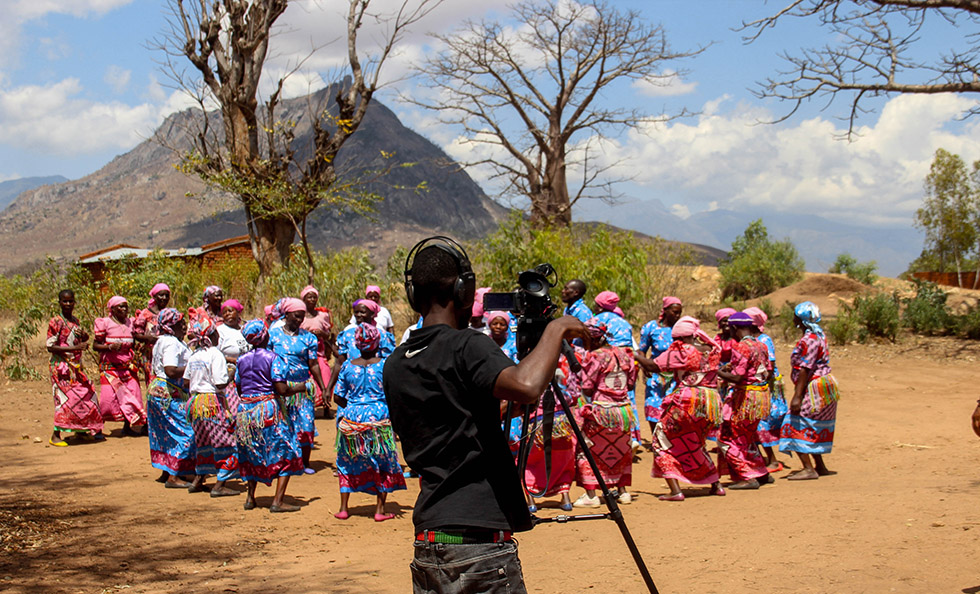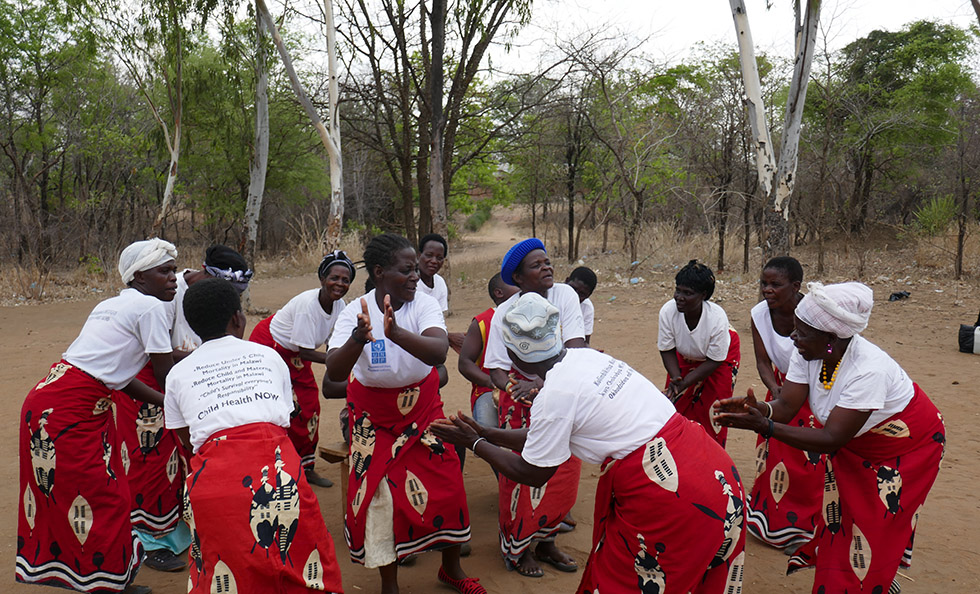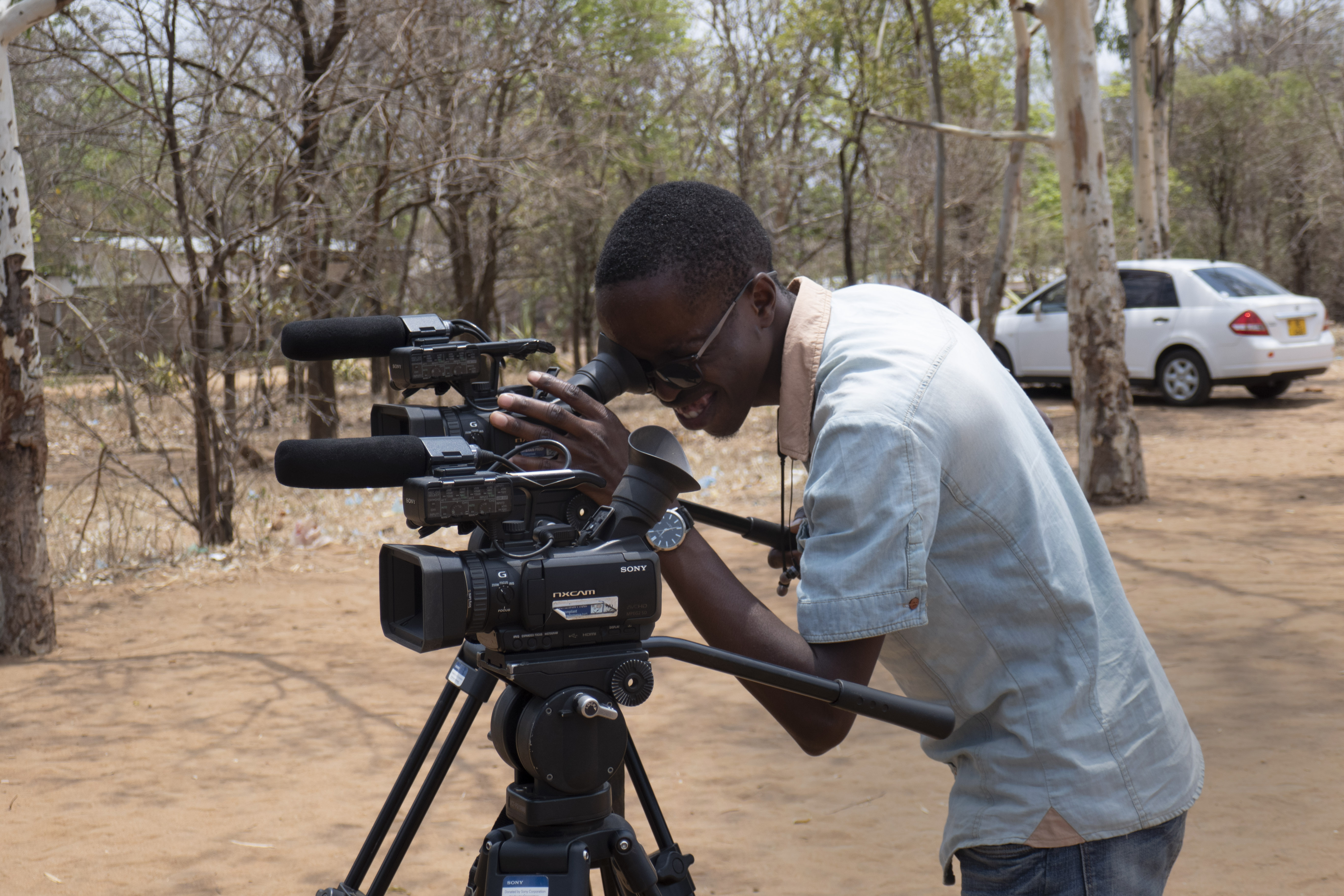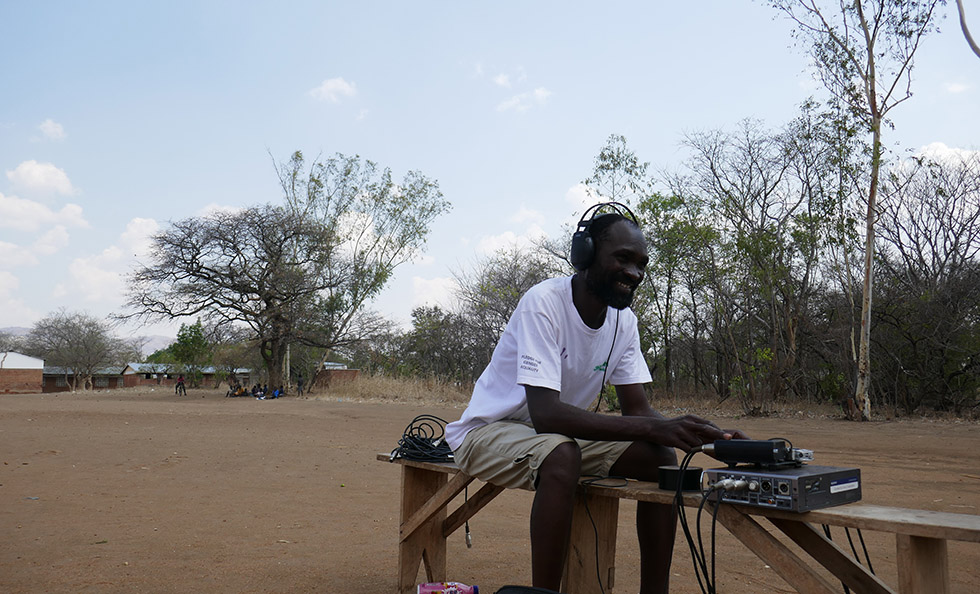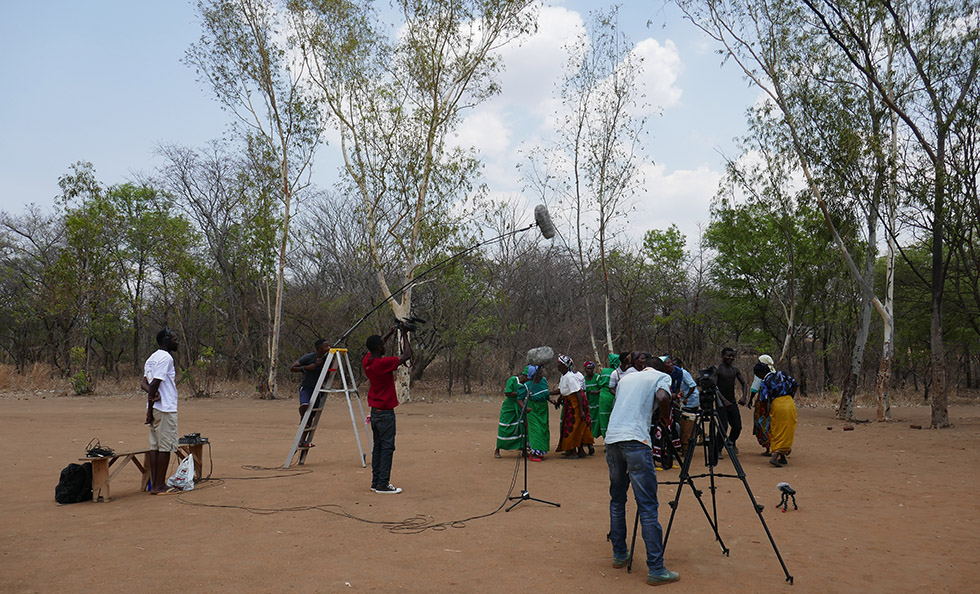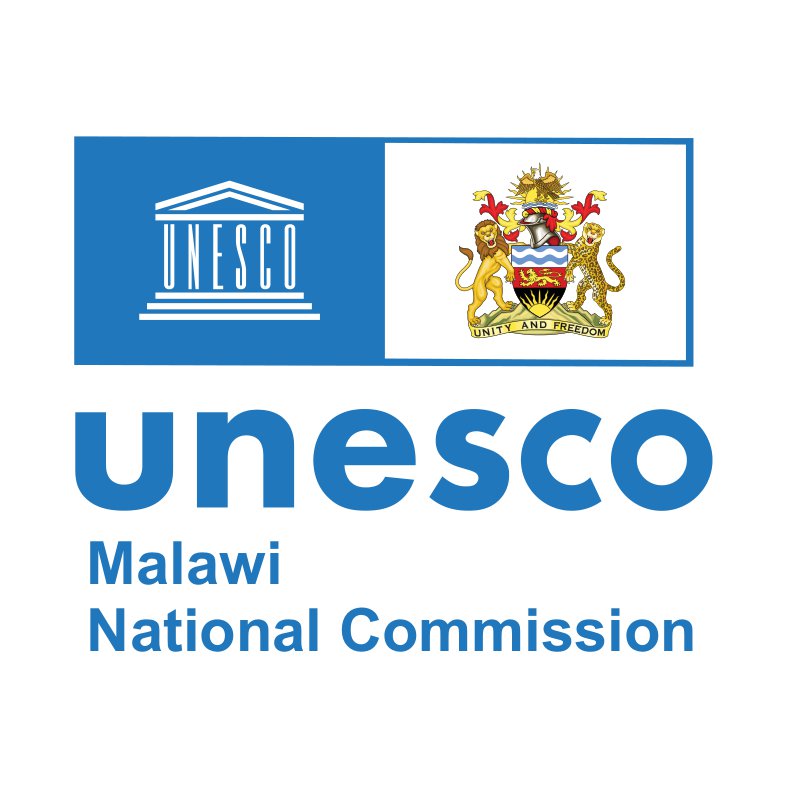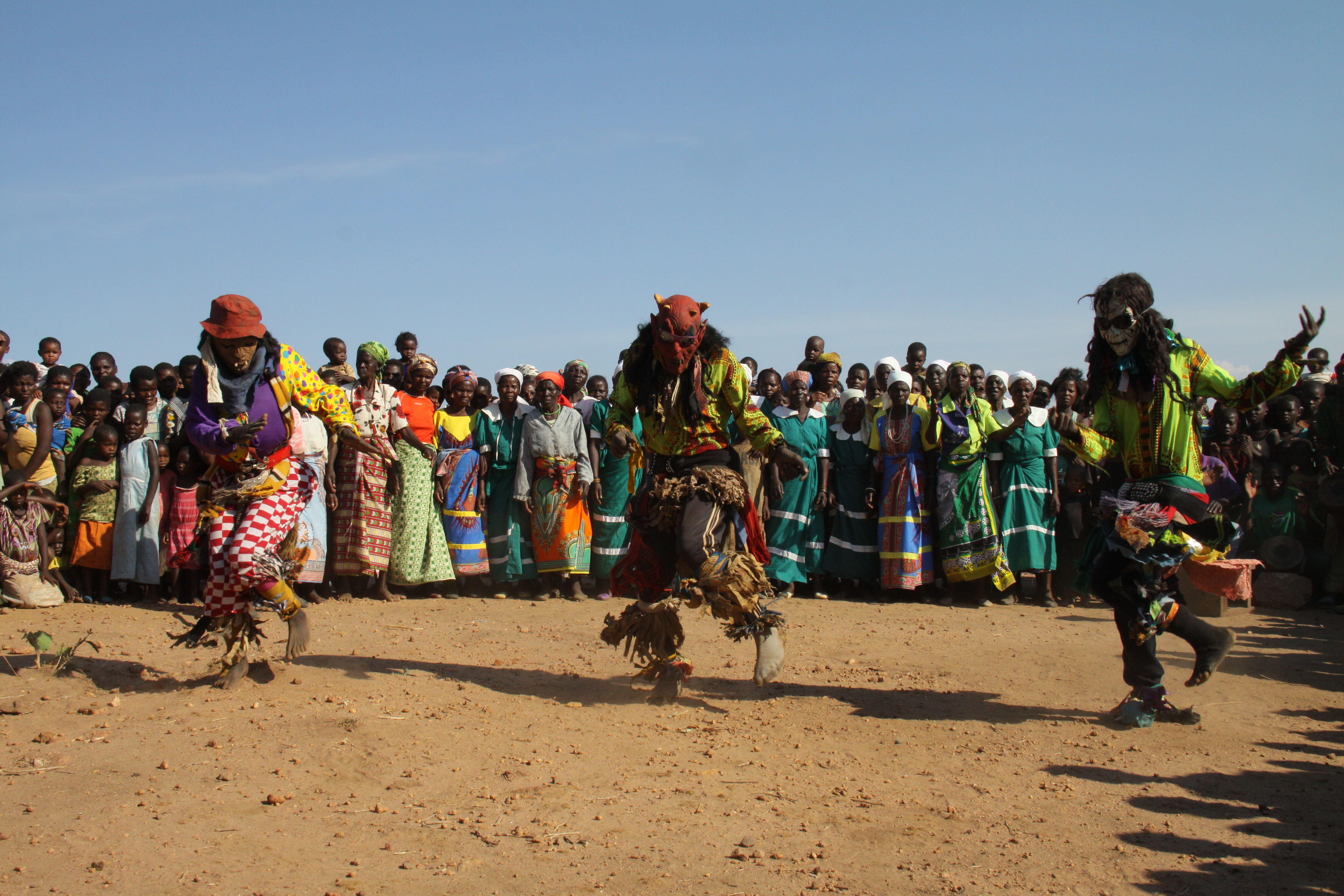
Malawi folksongs
November 2016 - present
Malawi
Malawi folksongs
November 2016 - present
Malawi
Explore these folksongs on the Malawi Folklore website here: https://malawifolklore.mw/
Since 2016, Rei Foundation has been working with the Malawi National Commission for UNESCO (MNCU) and Music Crossroads Malawi on the Malawi Folksongs Project. While some recordings exist of Malawian folksongs, these are largely recorded by foreign ethnomusicologists and taken out of their context. This project aims to document the unique and varied practice of Malawian folksongs and contextualise them by positioning each performance within its ethnic group, language and theme. Transcriptions into sheet music aim to make the songs available for music classes and to be performed by Malawian musicians. The recordings and sheet music are the property of the Malawian people rather than a private collection.
The project was broken up into regions. During the northern region portion, the team was joined by an anthropologist from Karonga Museum who was knowledgeable about the various cultures and languages in Chitipa and Karonga districts. This meant he was able to connect the team with the relevant local chiefs in most villages.
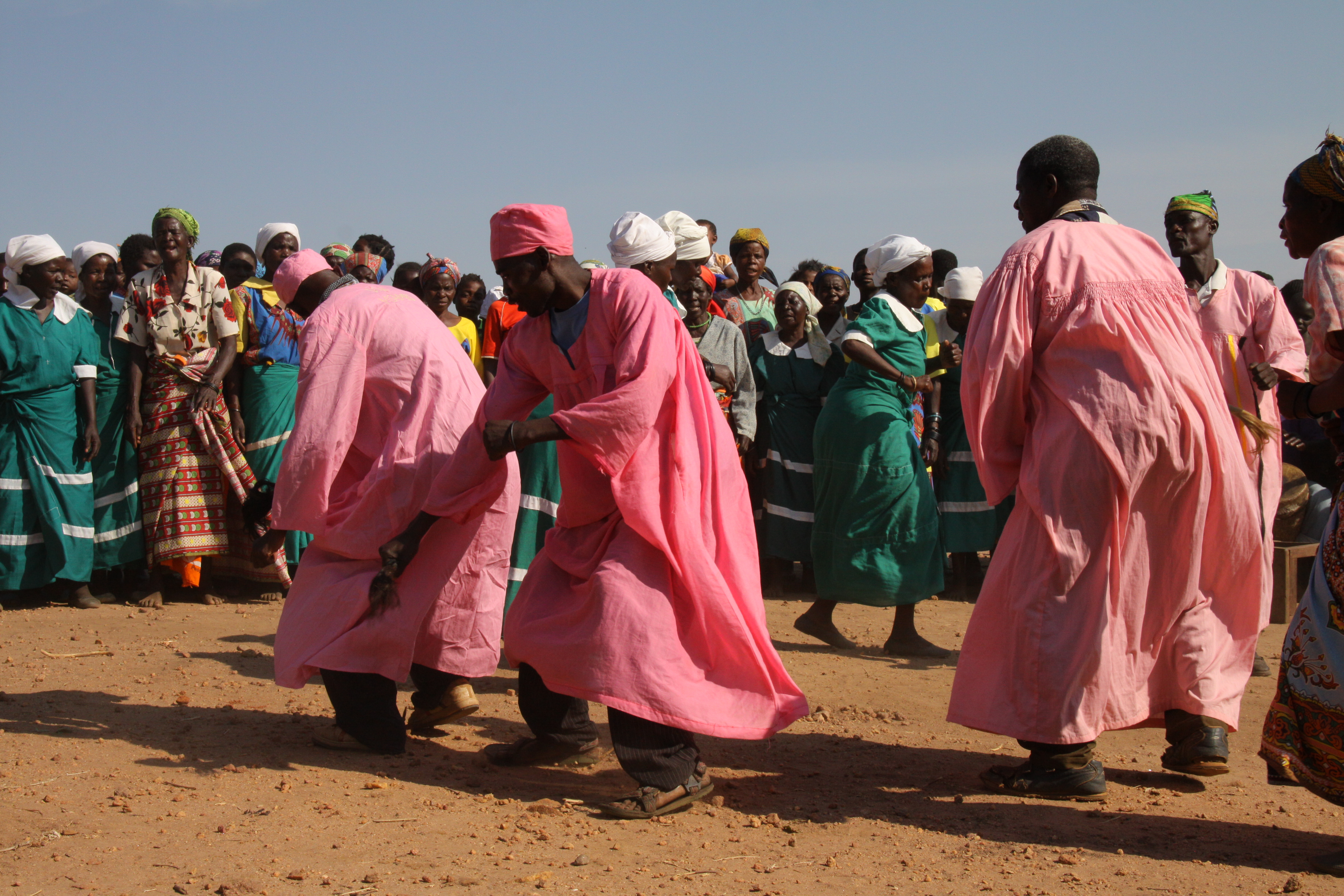
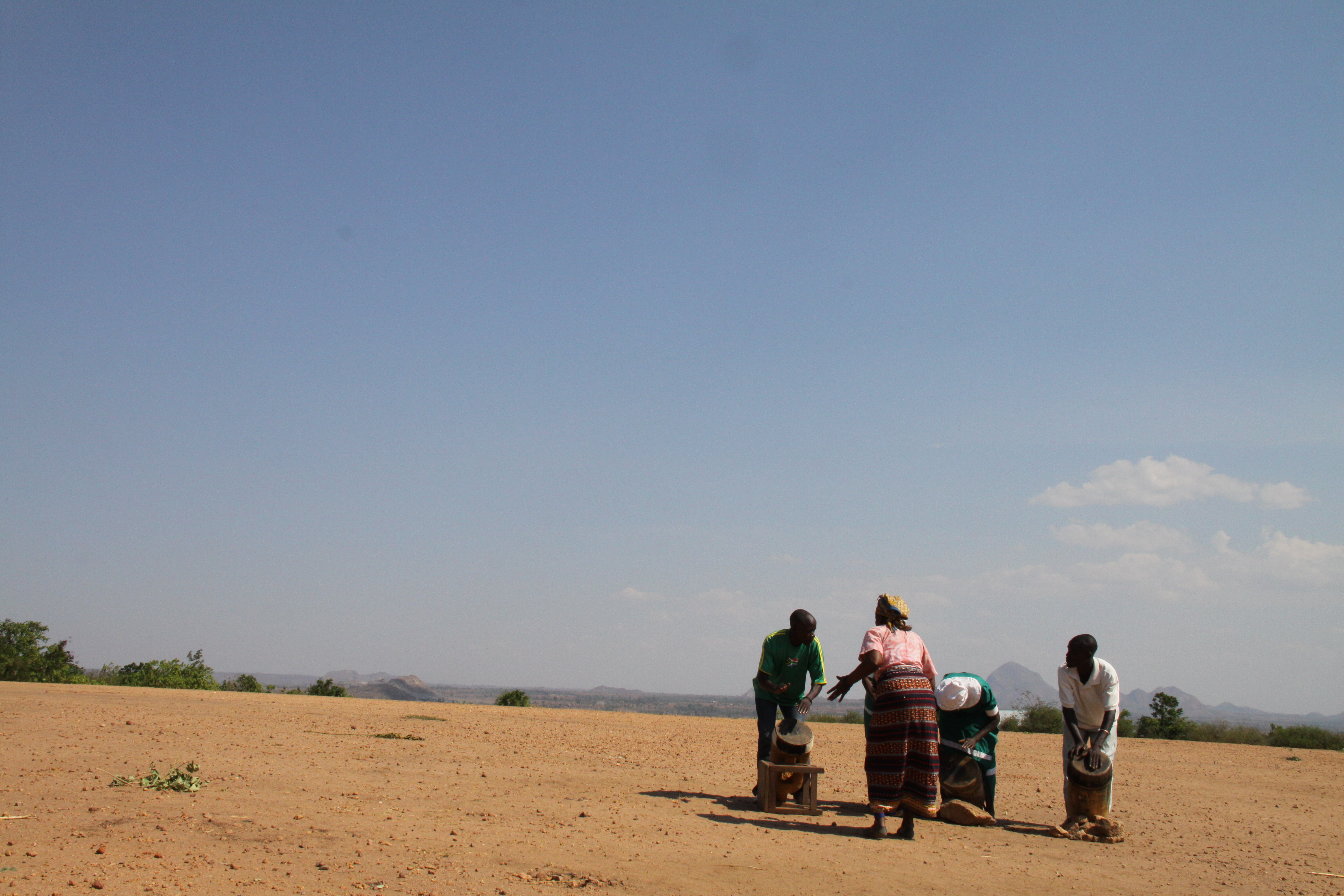
Return to Projects




